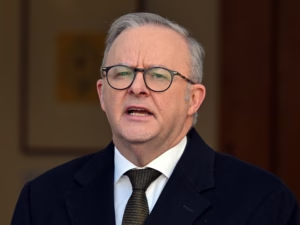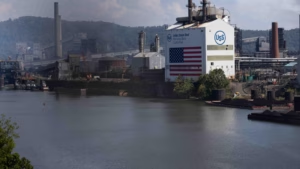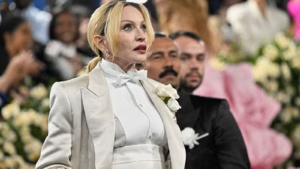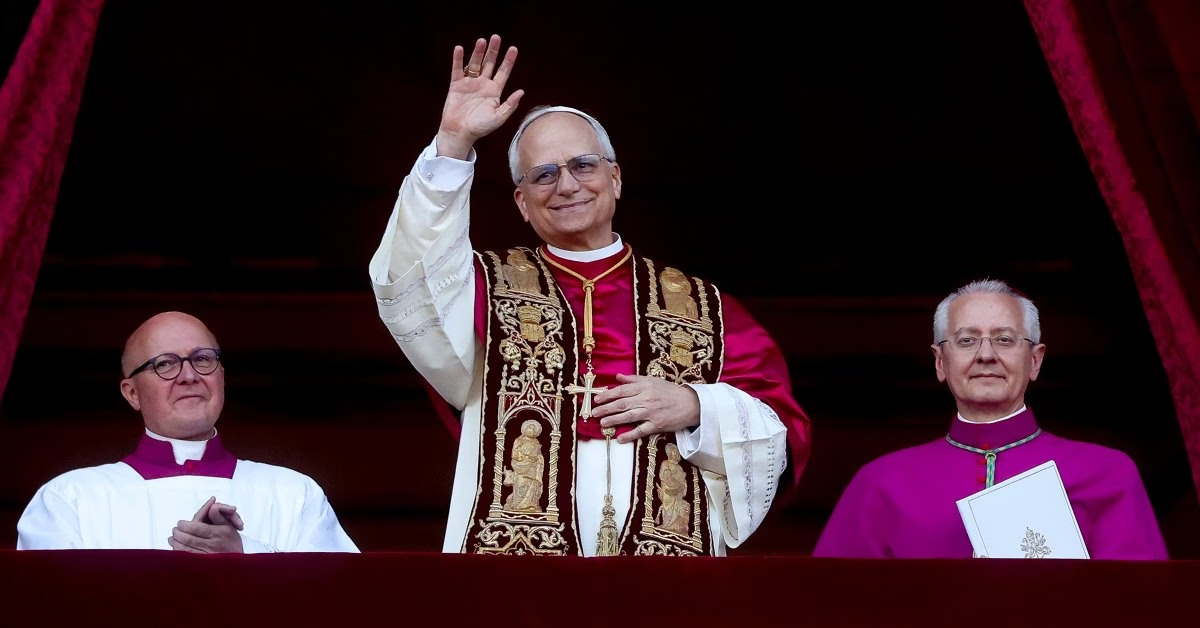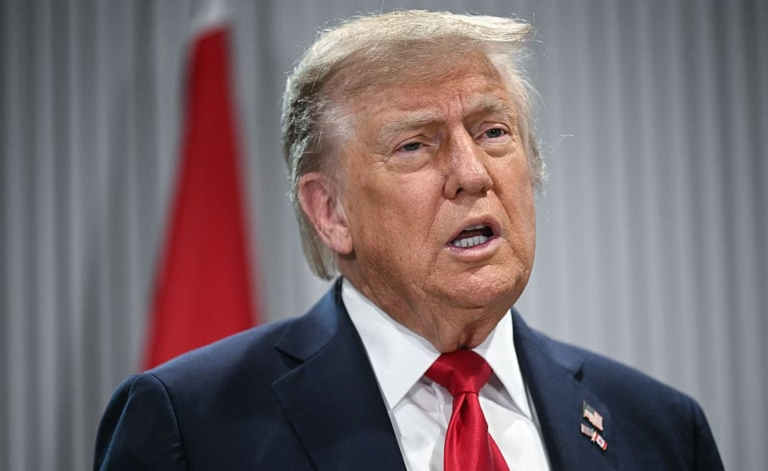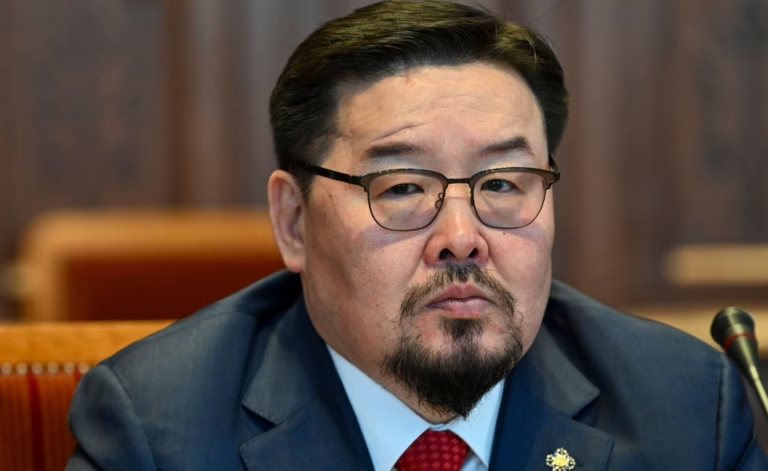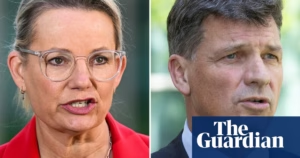Those who know Prevost describe him as reserved, bordering on shy. However, they consistently praise his exceptional ability to listen. As Father Andrew Small, the former Secretary of the Pontifical Commission for Protection of Minors under Francis, puts it, “In meetings, he was like a sponge, soaking up every word. He listens attentively and his questions reveal his careful consideration of what you’re saying. You may not know what he’s thinking, but you’re assured that he has truly heard you.”
Leo XIV emerges onto the global stage at a crucial moment when principled leadership is more crucial than ever. He is confronted with ongoing conflicts in Ukraine, the Middle East, Africa, and South Asia, along with the politically contentious yet ethically imperative issues of migration, religious freedom, human rights, and the climate crisis. Additionally, he must navigate the rise of right-wing nationalism and the potential economic downturn that poses a threat to the world’s most vulnerable.
The influence of the papacy reaches far beyond Catholicism’s 1.4 billion followers. Although the pope may not possess the same military or economic power as other world leaders, he possesses the moral authority that most lack. As Richard Lennan, a Theology professor at Boston College, argues, “Despite its weaknesses, the Church has always prioritized those on the margins over the past 150 years. And in this era of ‘America first’ and ‘Fortress Europe,’ we desperately need that more than ever. We need a voice that can stand up for the poor, marginalized, and displaced on the global stage, even if it falls on deaf ears.”
